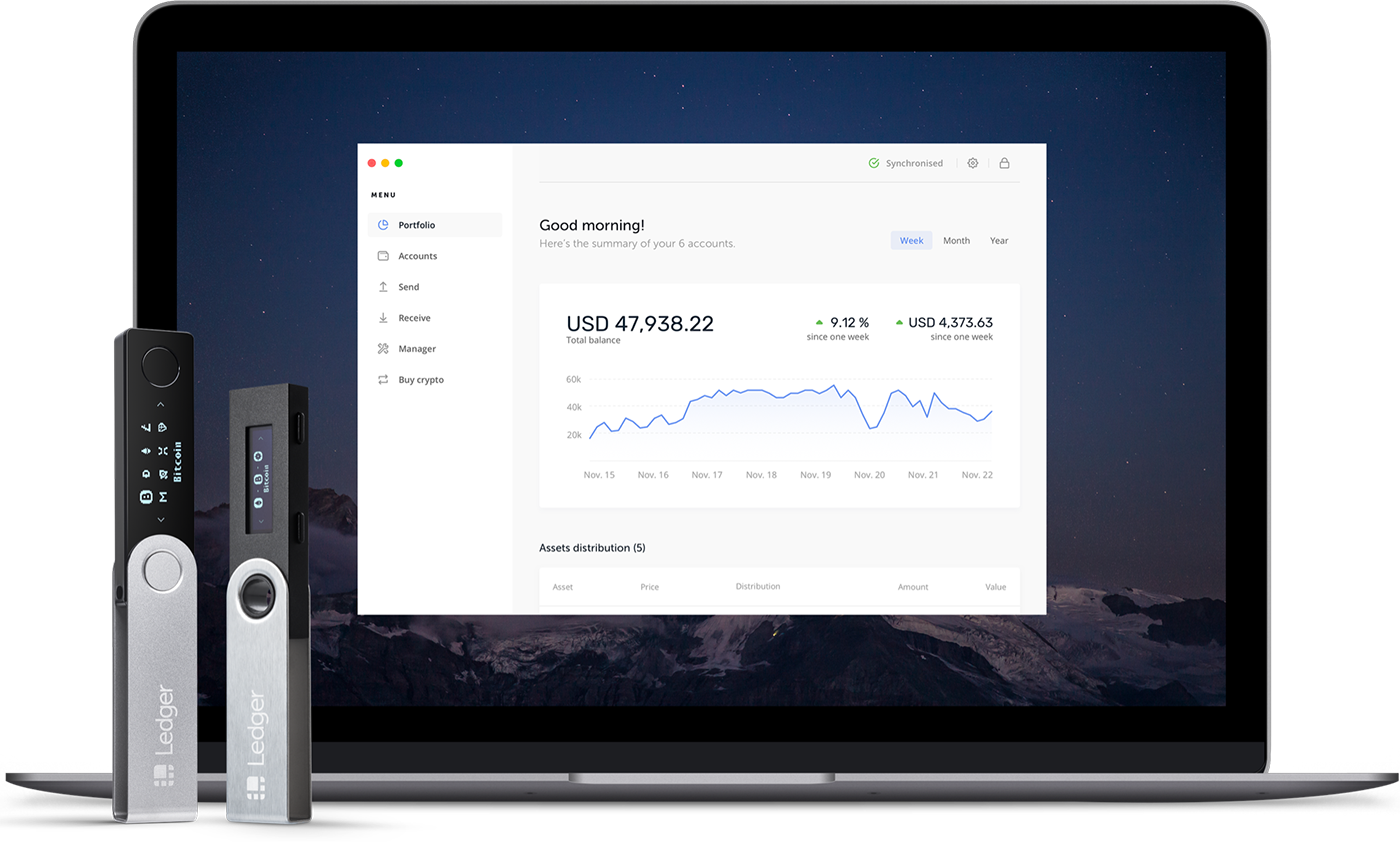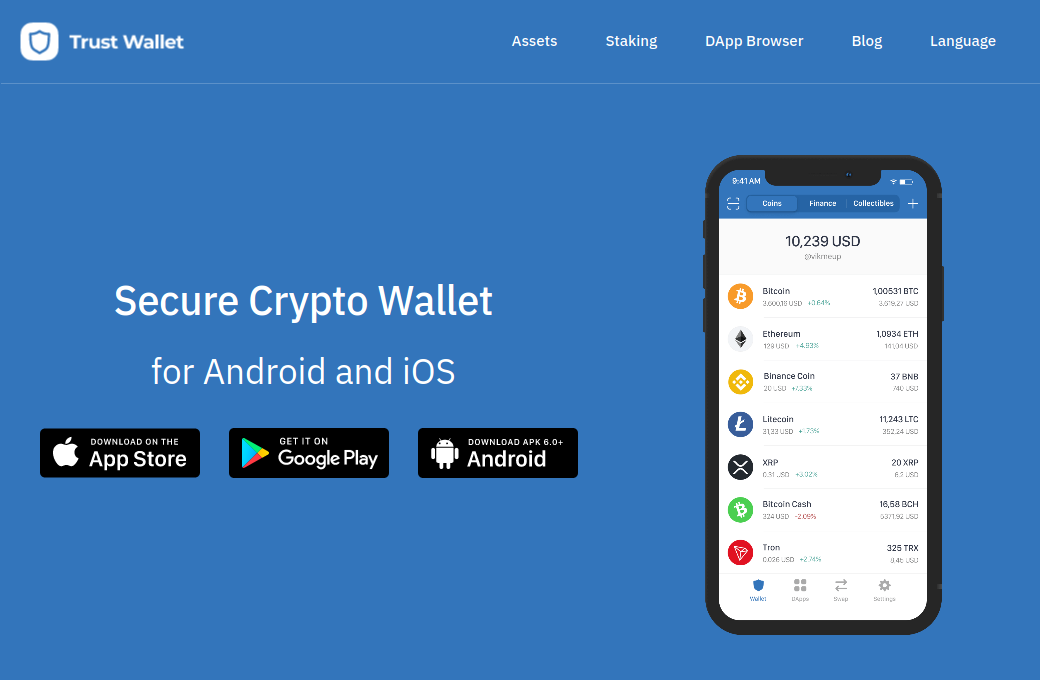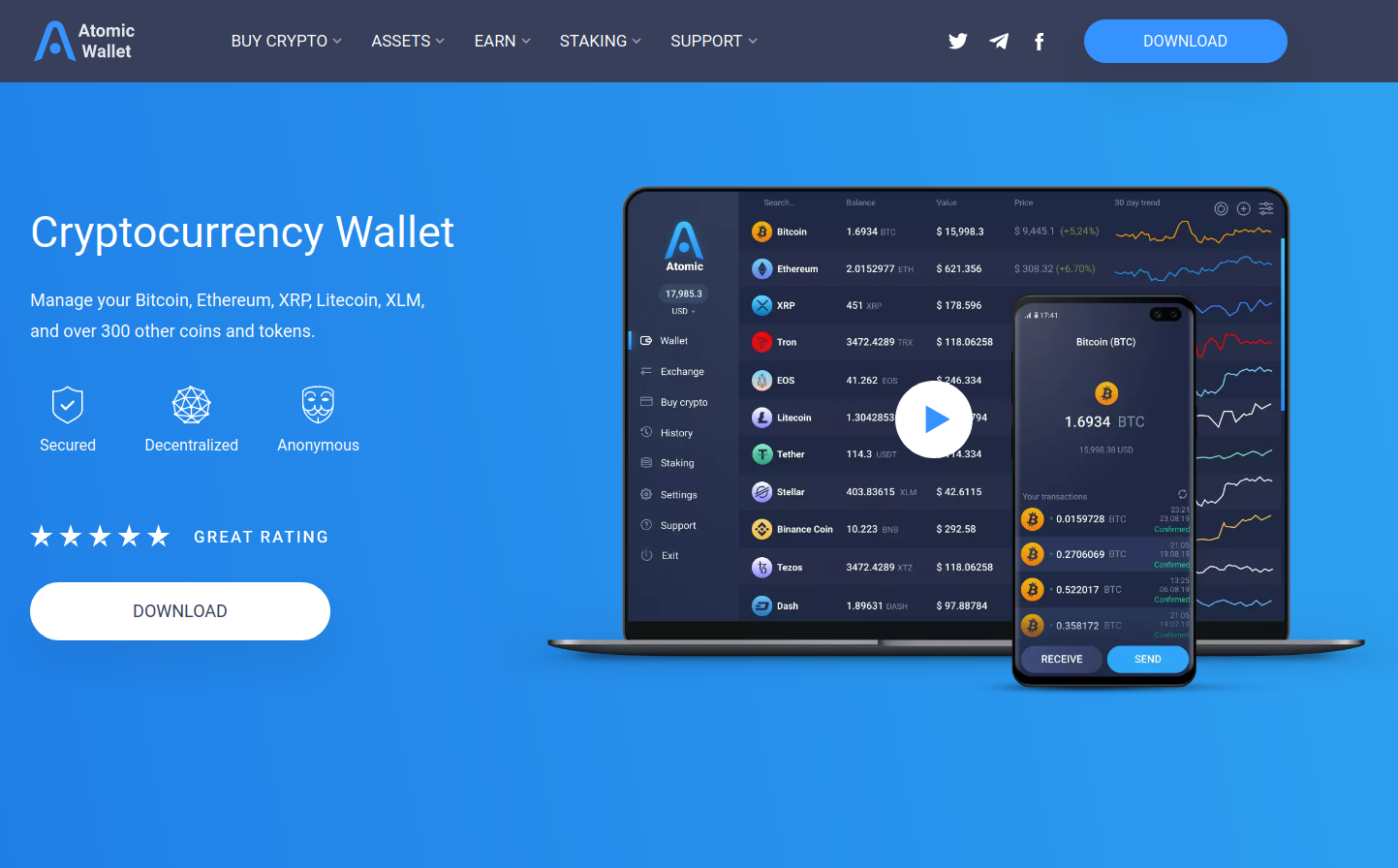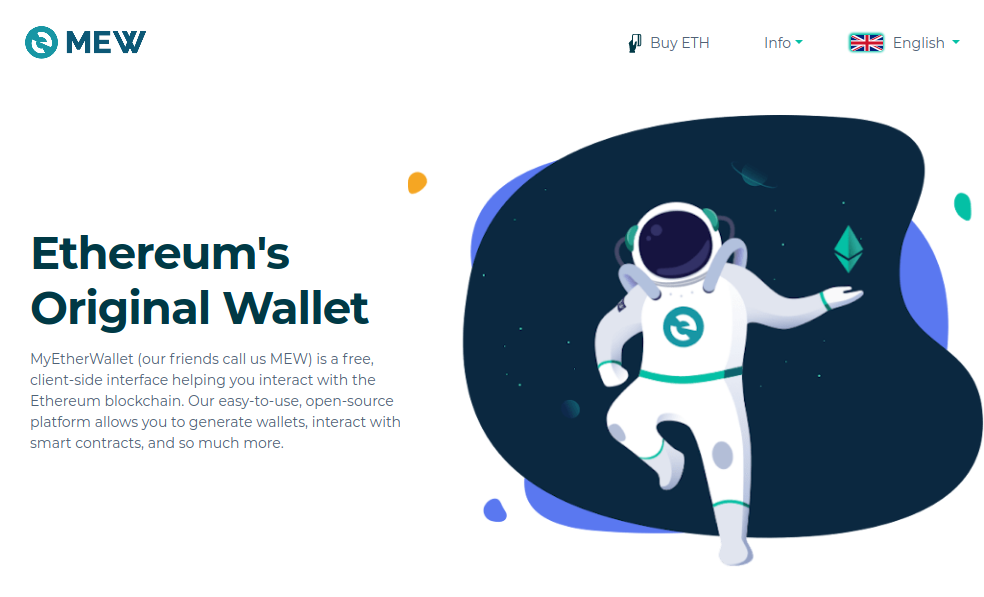How Do I Keep My OTO Safe?
OTO can be held and sent using several Ethereum wallets. Choice of wallet depends on security, convenience, as well as usability.
Hardware Wallets
Built like an external storage device, hardware wallets tend to be more secure by keeping your private keys offline (cold). Users interface with the device's software on a computer or a mobile phone to make transactions via USB conneciton or Bluetooth. The portability and size of hardware wallets allow easy storage.
Recommended hardware wallets:
1. Ledger (Native OTO Support)
Resource: How to set up your Ledger hardware wallet
2. Trezor (Native OTO Support)
Resource: Getting started in 5 steps - Trezor Wiki
Software Wallets
Software wallets take the form of desktop, online, as well as mobile applications. They often offer greater convenience (online wallets can be accessed anywhere and mobile wallets can be carried anywhere) and a wider range of usability such as easy access to an exchange or native integration with a decentralized application (DApp). Most software wallets are free. However, software wallets can be more susceptible to exploits.
Recommended software wallets:
1. Trust Wallet (Native OTO Support)
Resource: Basics - Trust Community | Adding OnTime (OTO) to Your Trust Wallet
2. Atomic Wallet (Custom OTO Integration by Token Address)
Resource: Getting Started - Atomic Wallet Knowledge Base
3. MyEtherWallet (Custom OTO Integration by Token Address)
Resource: MyEtherWallet: An Introduction
4. MetaMask (Custom OTO Integration by Token Address)
Resource: Basics - MetaMask
See MetaMask for more information.






